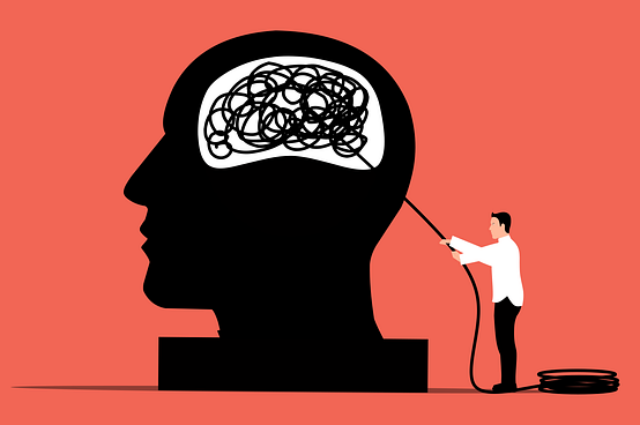
Freethought is a theory of human limits that maintains that views should not be developed based on jurisdiction, folklore, disclosure, or tenet but rather on the grounds of logic, purpose, and factual observation. A person who forms their thoughts and beliefs rather than adopting those of others, particularly in religious doctrine is a freethinker. Everyone has the right to freedom of mind, conscience, and religion, which includes the freedom to change one's religion or belief and the freedom to express one's religion or belief in worship, teaching, practice, and observance, whether alone or with others, in public or private. We also have the right to act on our opinions and thoughts. This could include the right to dress in religious garb, speak openly about your beliefs, and participate in religious worship. Without very good reason, public officials cannot prevent you from practicing your faith. Free thinking allows us to come up with ideas that have the potential to change the world. Governments, instructors, and researchers, for example, are more effective and efficient when free thinkers are present. They permit themselves to consider ideas that aren't covered in textbooks, and as a result, they achieve personal and social achievements. What is most pertinent is that we have "free expression." This is not as simple as it sounds, because everyone wants this liberty for himself while is unwilling to give it to others when they express different opinions.
This is especially true when disagreements over crucial matters such as religion or politics arise.' But advancement is inconceivable if we refuse to allow others to have their viewpoints on these issues, and especially if we try to force them to accept ours. If everyone continued to make the same choices his forefathers did, improvement would be halted because, as Buddhism said, "what a man thinks he becomes." So, if we think exactly as our predecessors did, we will continue to stay in the same situation as they were. What we read and discuss has a big influence on how we think. As a result, if we want to ponder fresh insights, we should always try studying all edges of the subject at hand, rather than being satisfied with what we read in newspapers or what others say.
